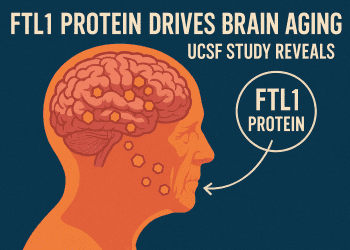A pioneering stem cell therapy, injecting autologous fat-derived cells into brain ventricles, shows promise for Alzheimer’s, ALS, and CTE, with a $5.6B market projected by 2030, per September 2025 reports.
Using a patient’s own mesenchymal stem cells, delivered to brain ventricles, this therapy promotes repair and may halt neurodegenerative progression, offering a novel alternative to symptom-focused treatments.
Early trials report cognitive improvements in Alzheimer’s and motor stability in ALS. With a phase II study planned for 2026, the therapy addresses diseases impacting 55 million globally.
The stem cell therapy market, growing at 10.2% annually, reaches $5.6B by 2030, driven by rising neurodegenerative cases. Biotech firms see 15% funding growth, aligning with personalized medicine trends.
High costs and 20% variability in patient responses highlight gaps in long-term data. Regulatory trends favor personalized therapies, but scalability and ethical concerns require careful navigation.
As AI-driven biomarkers enhance precision, this therapy could transform neurodegenerative care, reducing a $1.3T economic burden. Investors eye biotech for high returns in this high-growth sector.








